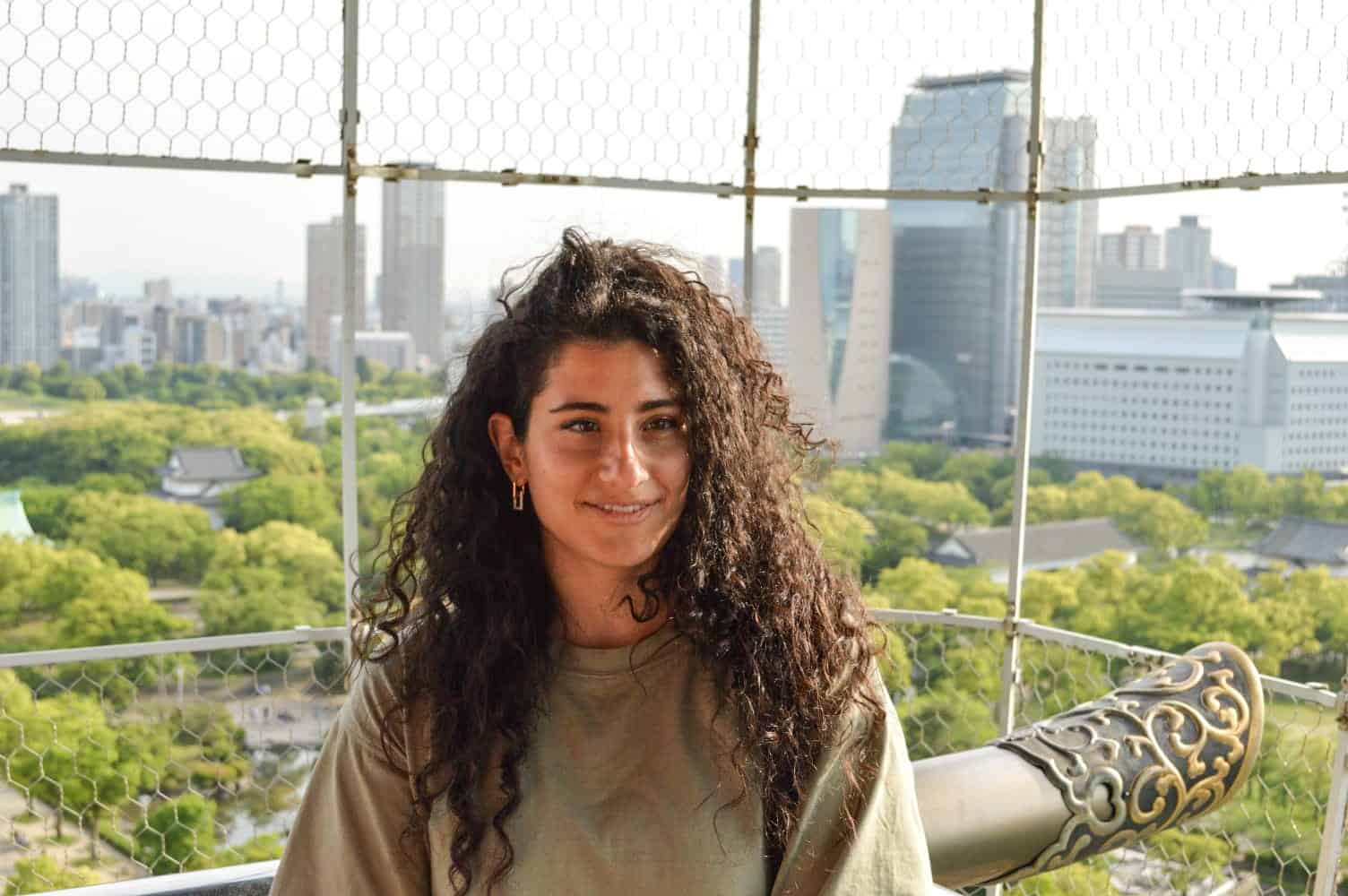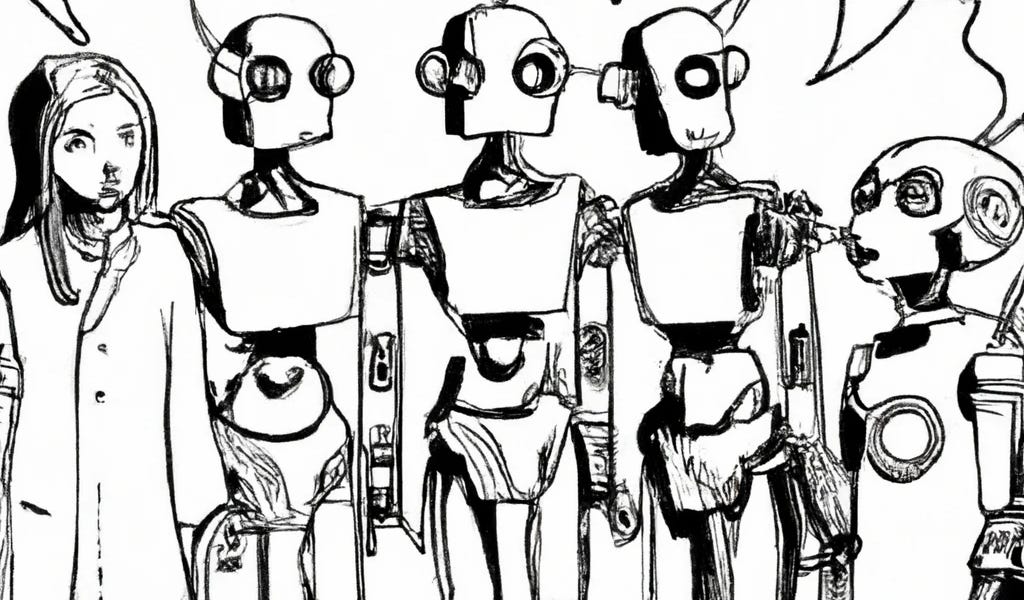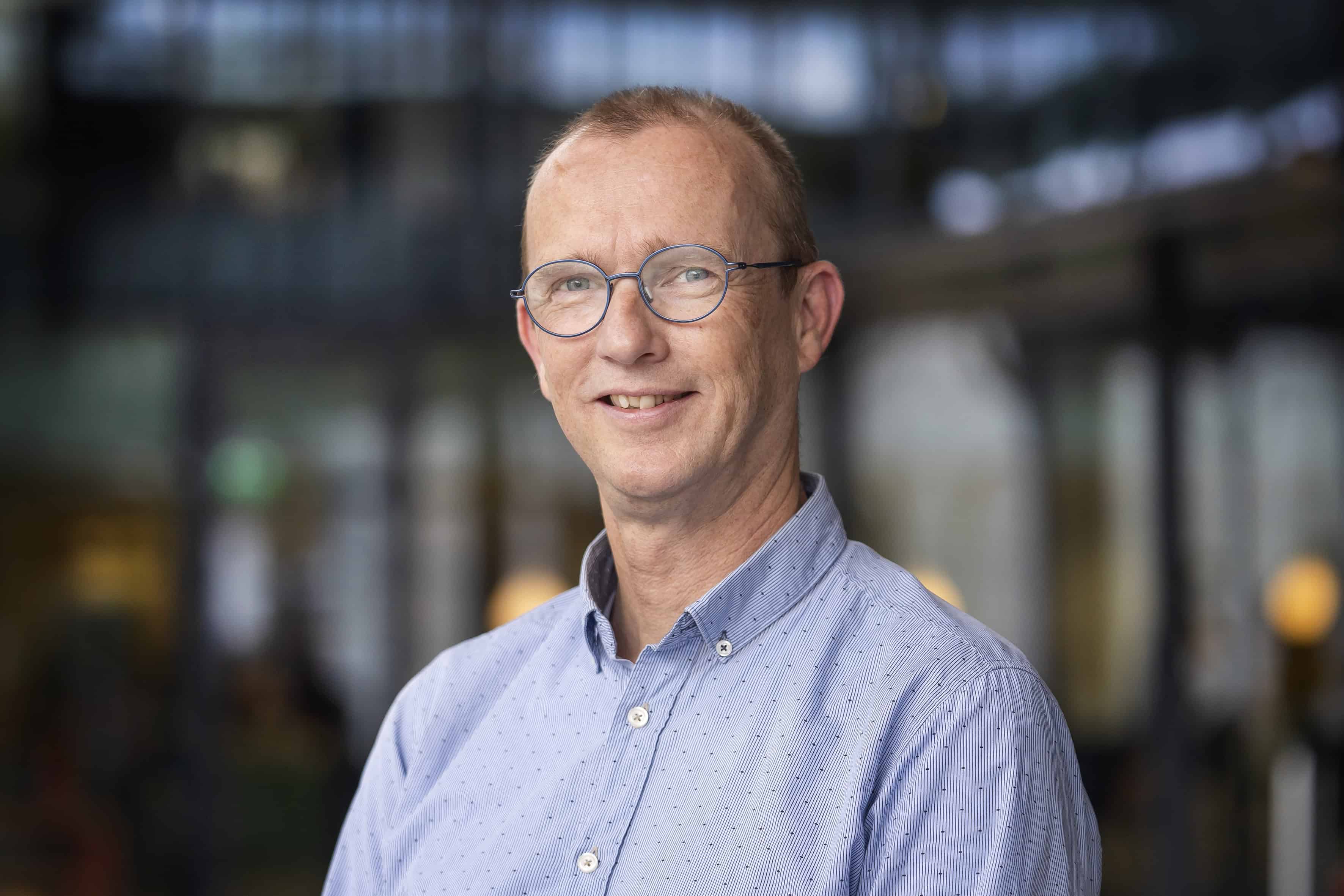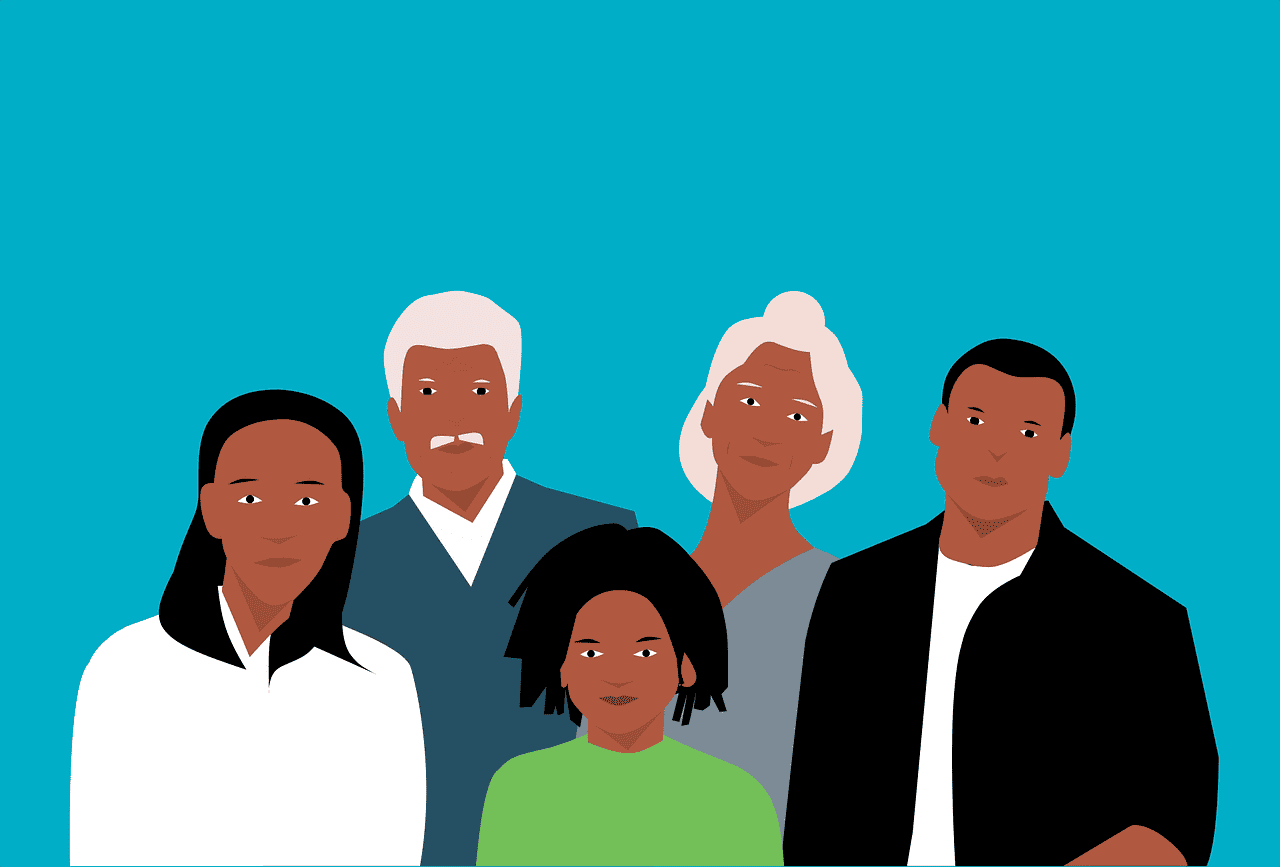
During COVID-19, Italian Victoria Bruno was looking for a hobby to occupy her time. A master’s student in Biomedical Engineering at TU Delft, she was trained to combine engineering and medical knowledge. But she wanted to take that further, so she taught herself programming.
And she did so successfully. Bruno now works as a full-time front-end developer for the ACACIA project, a joint project of the TU/e and Philips. Twice a week, she travels from her home in Amsterdam to Eindhoven, where she is developing an AI tool for cancer screening. She does this as an Engineering Doctorate (EngD) in Designing Human-System Interaction.
In addition to experience in healthcare, she is also a specialist in medical writing and medical device regulation as she worked at one of the main medical device companies Stryker. Bruno combines her interests in content creation and the impact of AI on the health sector in her online community at Substack: AI Health Hub. There, she writes blogs for scientists, creative technologists, and clinicians interested in innovations in healthcare through AI.
“I started this because, as a front-end developer, I’ve gone through an exciting learning process over the past few years, and I’m still learning every day. As I entered the field of AI for healthcare I thought I would share my learnings with people and enthuse others.”

Among other events, she visited the MedTech day in Eindhoven, which she reported on in the above article. One thing that struck her was the discrepancy between topics that came up during the question-and-answer sessions.
“For example, an engineer briefly mentioned an idea of application in healthcare of the technology they are developing, but the room quickly filled up with silence. As an engineer myself, I understood and thought the idea was brilliant, but I could tell that it did not translate well to the clinicians in the room. I think now that technology and medical care are converging more and more, close and preferably in person collaboration of multidisciplinary teams should become a priority rather than ‘a nice to have’.” This includes team members that provide ethical and legal insights, being a crucial part of medical technology development.”
We are excited to add Bruno to our columnist roster. She will be sharing her views on AI in healthcare as well as her own process in becoming an AI expert. Her first column will appear tomorrow morning at ten o’clock.








